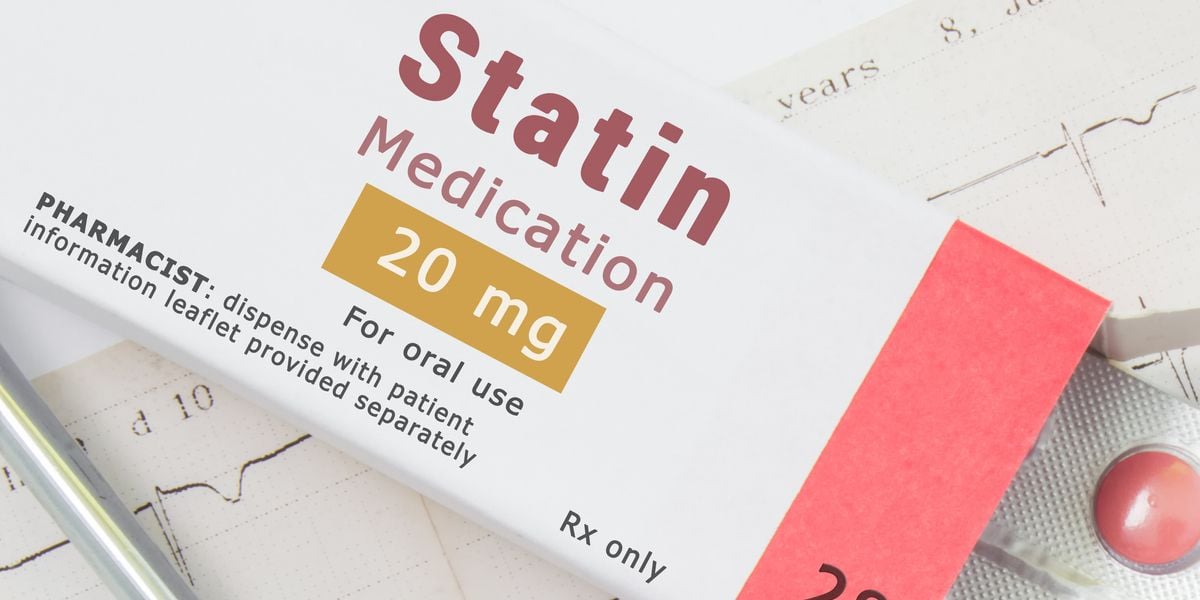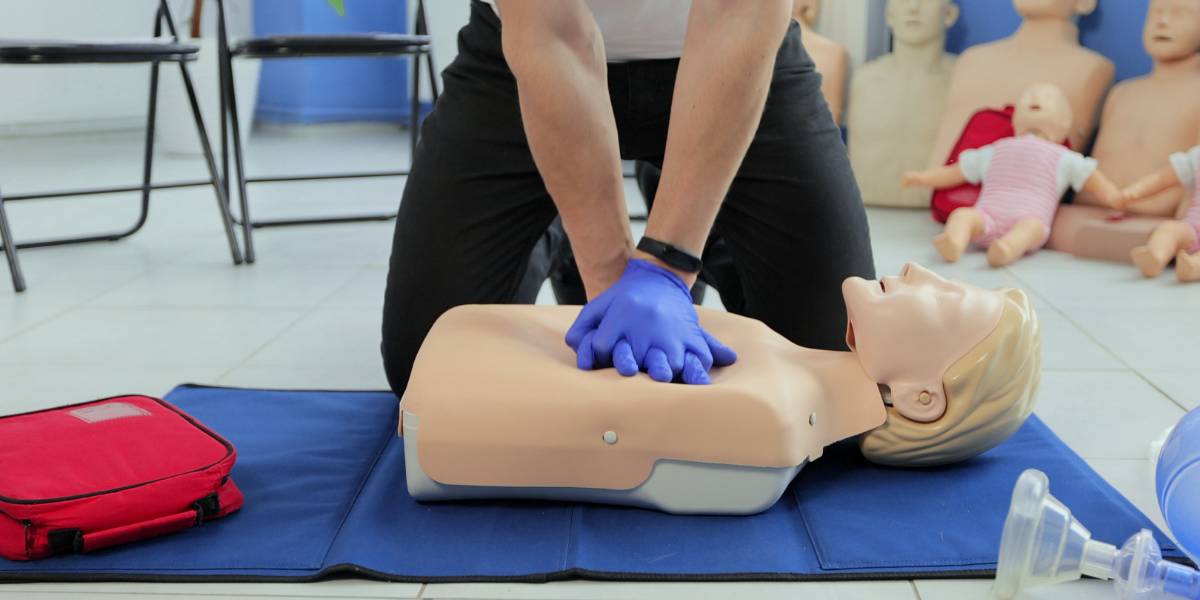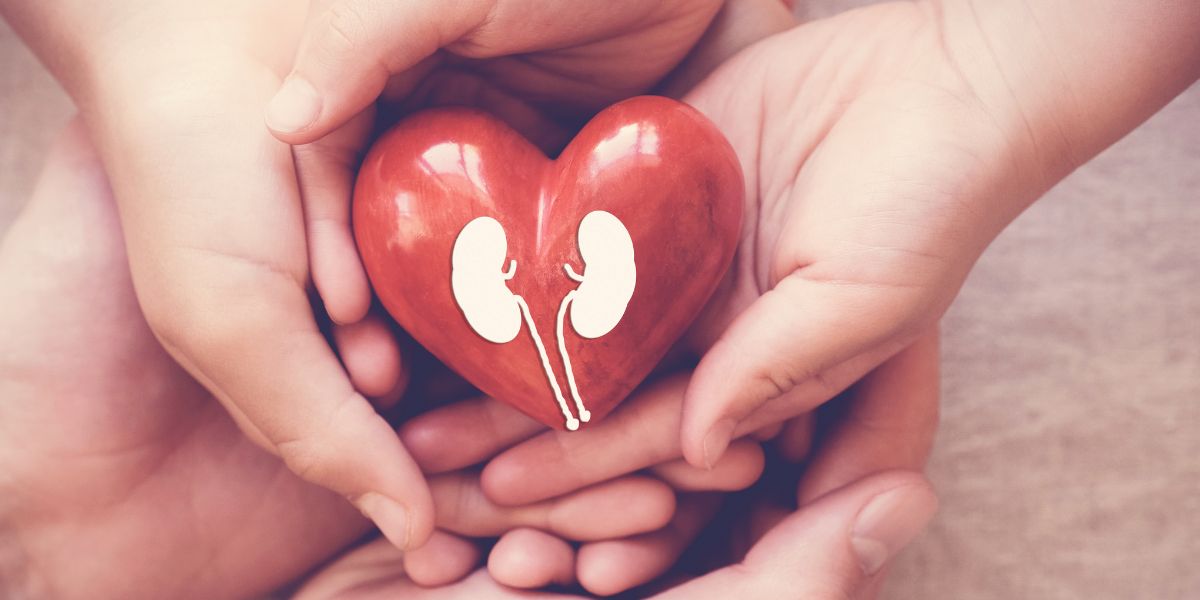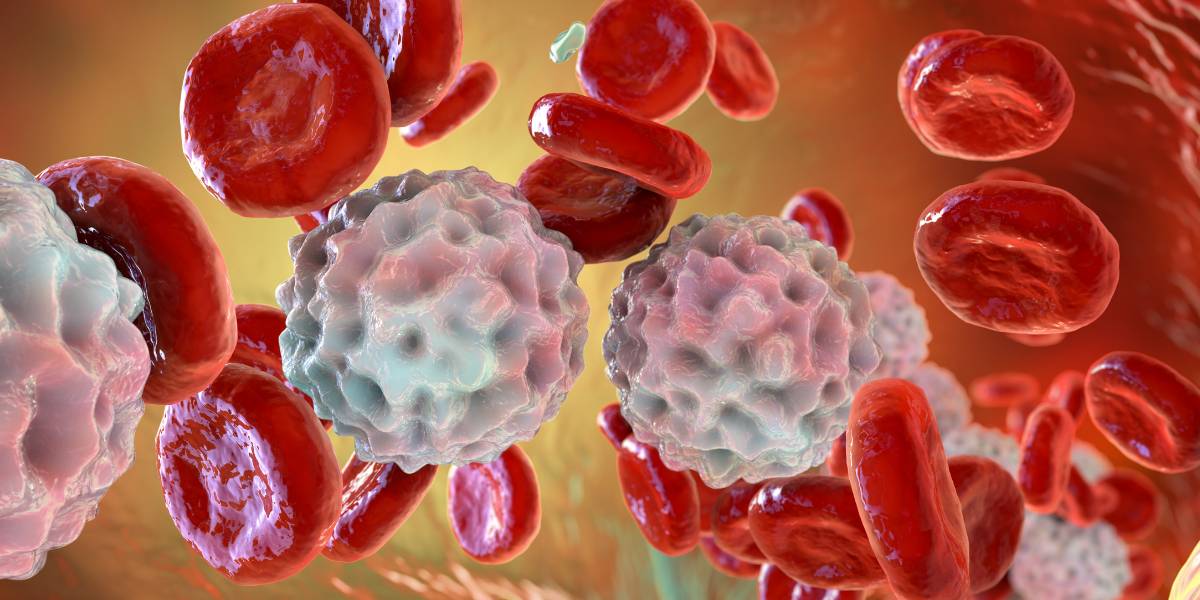Daily cholesterol-lowering statin pills could stop around 15 million people from having a stroke or a heart attack, health officials have said.
New NHS advice is encouraging healthcare professionals to prescribe the tablets because they are a cost-effective way to prevent cardiovascular problems.
However, some health officials are concerned about the negative side effects of daily cholesterol-lowering statin pills, such as the muscle damage condition myopathy.
- Biggest reduction in life expectancy since World War Two shows ‘devastating’ impact of COVID-19
- Statins found to reduce COVID-19 deaths rates among those with diabetes
According to the National Institute for Health and Care Excellence (NICE), individuals would need to be properly checked before the tablets can be prescribed.
Approximately 160,000 people die from heart disease in the UK every year, previous studies have reported.
Data from NICE also shows that 7% of deaths in England are caused by high cholesterol.
Statins are one of the most used drugs, with millions of people in the UK regularly prescribed the tablets.
NICE are urging people with a one in 20 chance of developing a cardiovascular complication to use statin pills to prevent them from having a stroke or a heart attack.
- Heart health and cholesterol diets rated top in American ranking report
- Man puts type 2 diabetes into remission 23 years since diagnosis
Dr Paul Chrisp said: “The evidence is clear, in our view, that for people with a risk of 10% or less over 10 years, statins are an appropriate choice.”
Professor Sir Nilesh Samani, British Heart Foundation Medical Director, said: “The decision should be based on a conversation with your GP and should be combined with other measures such as eating a healthy diet and exercising regularly to get the most benefit.”
A representative from the Welsh Government said: “Cardiovascular disease is the biggest killer in the UK.
“Health boards should follow NICE guidelines for prescription of statins to help people reduce their risk of heart attacks and strokes.”








